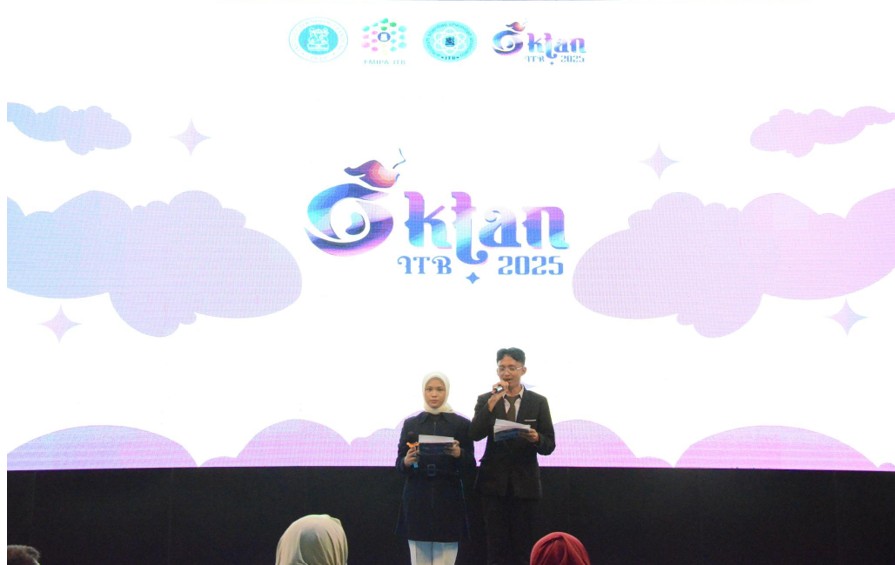Comparative Study between Academic Senates of Universitas Diponegoro and Institut Teknologi Bandung
By Adi Permana
Editor Adi Permana

BANDUNG, itb.ac.id – On Tuesday (30/3/2021), the Academic Senate of Institut Teknologi Bandung (ITB) accepted an online visitation from Universitas Diponegoro (Undip) for a comparative study regarding their education. The event was initiated by the head of ITB’s Academic Senate Prof. Ir. Hermawan K. Dipojono, MSEE, Ph.D.
“The aim of this study is to learn ITB’s execution of academic research, education and cooperation in the hopes of guiding Undip towards better research, service and collaboration,” the chairman of Undip’s fourth Academic Senate Commission, Dr. Tutuk Djoko Kusworo, explained, “while understanding the current importance of university ranking.”
Dr. Ir. Eka Djunarsjah, M. T. who was a member of the fourth Academic Senate Commission of ITB delivered the information regarding the program. The commission itself is responsible for ITB Academic Senate’s research, innovation, community service and collaboration between other parties. To carry out the agenda, the commission created three Ad Hoc teams which are the Monitoring and the Dissemination System (Sismondis), Norms and Governance Research ITB, and Industrial and Institutional Partnership.

Describing ITB’s strategies in reaching its targeted university ranking, Dr. Anggraini Barlian, M. Sc. who is also the Secretary of ITB Senate Academic’s Fourth Commission explained that the Senate has established a World University Ranking ITB Special Committee Team (Pansus) for Quacquarelli Symonds (QS) and Times Higher Education (THE).
This team was tasked corresponding to SK SA ITB 18/I.T1.SA/SK/2020, in which they study and evaluate the program, implementation and the QS and THE world university ranking achievement of ITB. The team was also assigned to propose several policies to climb up ITB’s QS and THE ranking and report the results back to the Academic Senate.

In accomplishing the goal, the Pansus team must work together with both internal and external parties. “We have to synergize and collaborate with the rectorate’s executive division that has their World Class University (WCU) ITB team,” Anggraini continued. “Besides being under ITB’s Quality Assurance Unit (SPM), WCU ITB is specifically formed for matters regarding ITB’s world university ranking.”
Meanwhile, the government has made a classification of Indonesia’s universities and their respective world-ranking targets that must be achieved in 2024. Dr. Anggraini stated that accomplishing these targets are not easy.

“There are many considerations that have to be kept in mind, and we must be able to evaluate our current position. However, it is crucial from the Academic Senate to encourage the executive division to reach the goal,” Dr. Anggraini added.
To elevate ITB’s global ranking position, Dr. Anggraini mentioned several aspects that require quality improvement. Nonetheless, the WCU ITB program that has run for five years results in the rise of publications and citations of ITB’s scientific articles. The numbers can be found at the database system of Institute for Research and Community Services (LPPM) ITB.
Reporter: Restu Lestari Wulan Utami (Biologi, 2017)
Translator: Ruth Nathania (Teknik Lingkungan, 2019)

.jpg)
.png)
.jpg)
.jpg)
.jpg)


